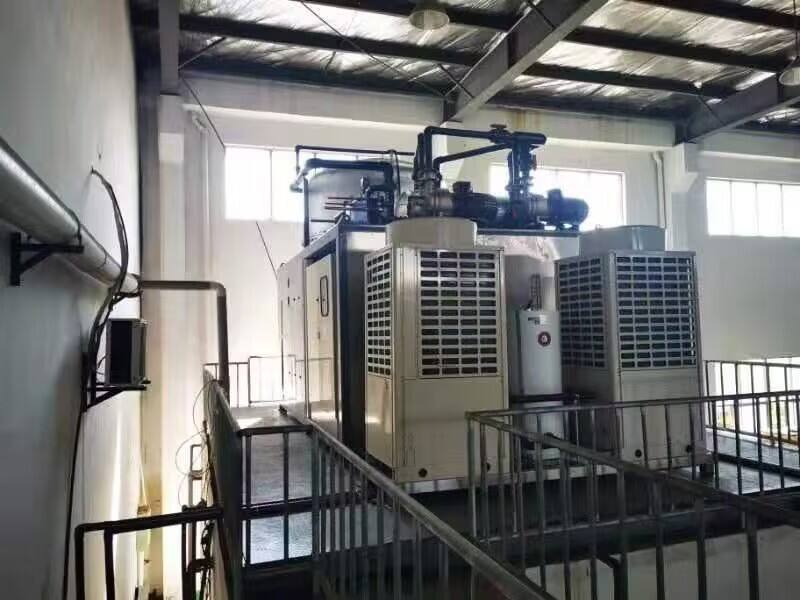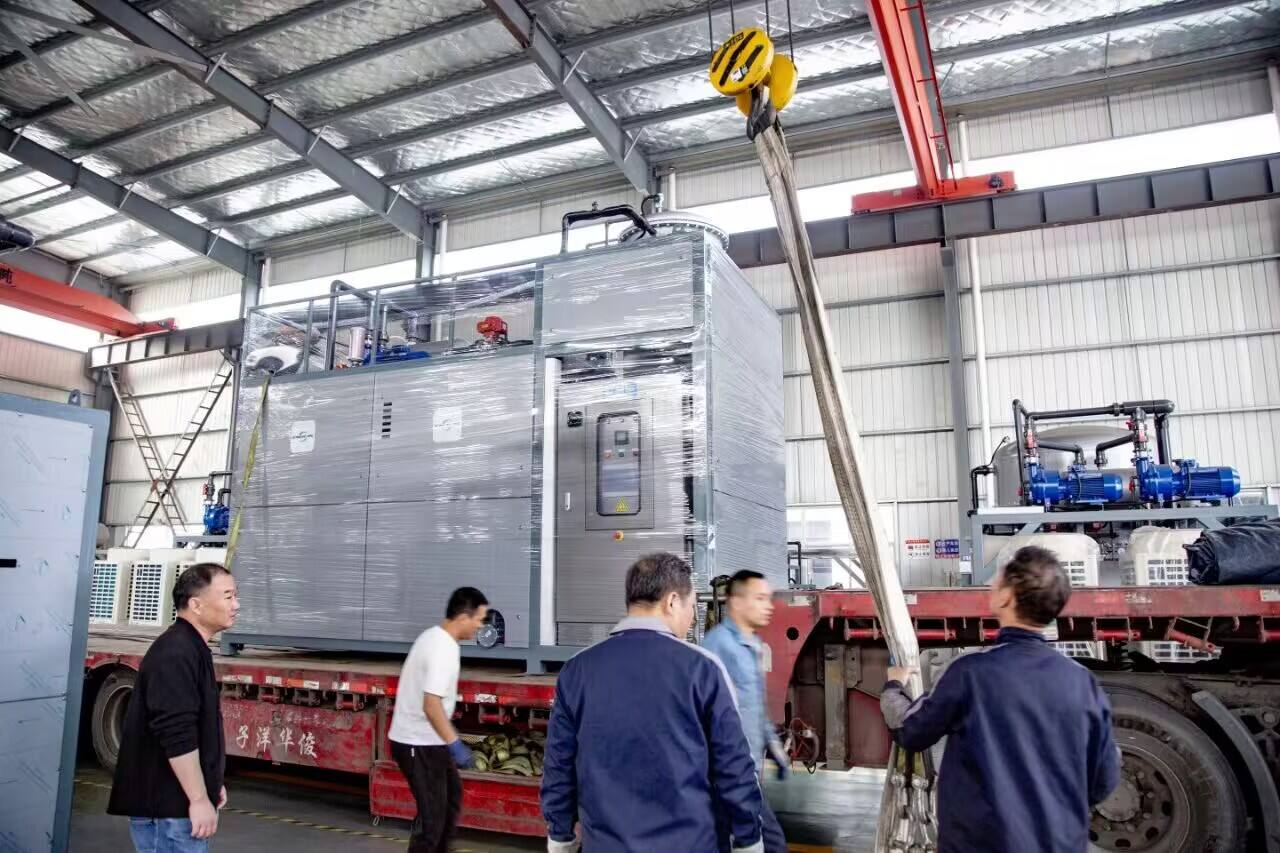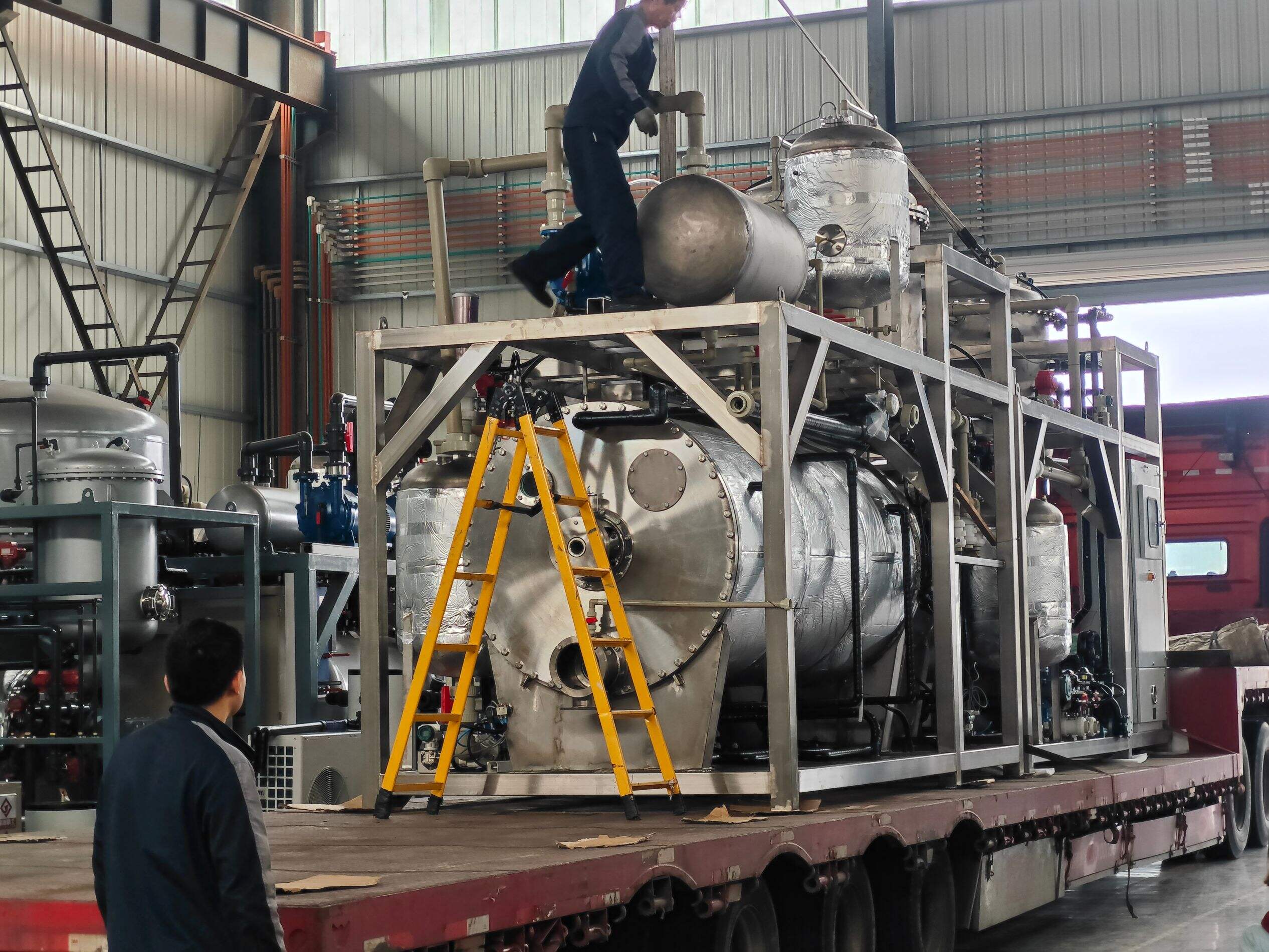industrial wastewater treatment facilities
Industrial wastewater treatment facilities represent sophisticated systems designed to purify and process contaminated water from manufacturing and industrial processes. These facilities incorporate multiple treatment stages, including primary treatment for removing solid waste, secondary treatment utilizing biological processes, and tertiary treatment for final purification. Modern facilities feature advanced automation systems, real-time monitoring capabilities, and efficient filtration technologies that ensure consistent water quality output. The facilities are equipped with specialized components such as clarifiers, biological reactors, membrane filtration systems, and chemical dosing units that work in concert to remove pollutants, heavy metals, organic compounds, and other contaminants. These systems are scalable and can be customized to handle various flow rates and contamination levels, making them suitable for diverse industrial applications, from food processing to chemical manufacturing. The facilities also incorporate sustainable technologies that minimize energy consumption and optimize resource utilization, while meeting stringent environmental regulations and discharge standards. Advanced control systems enable precise management of treatment processes, ensuring optimal performance and compliance with environmental requirements.


